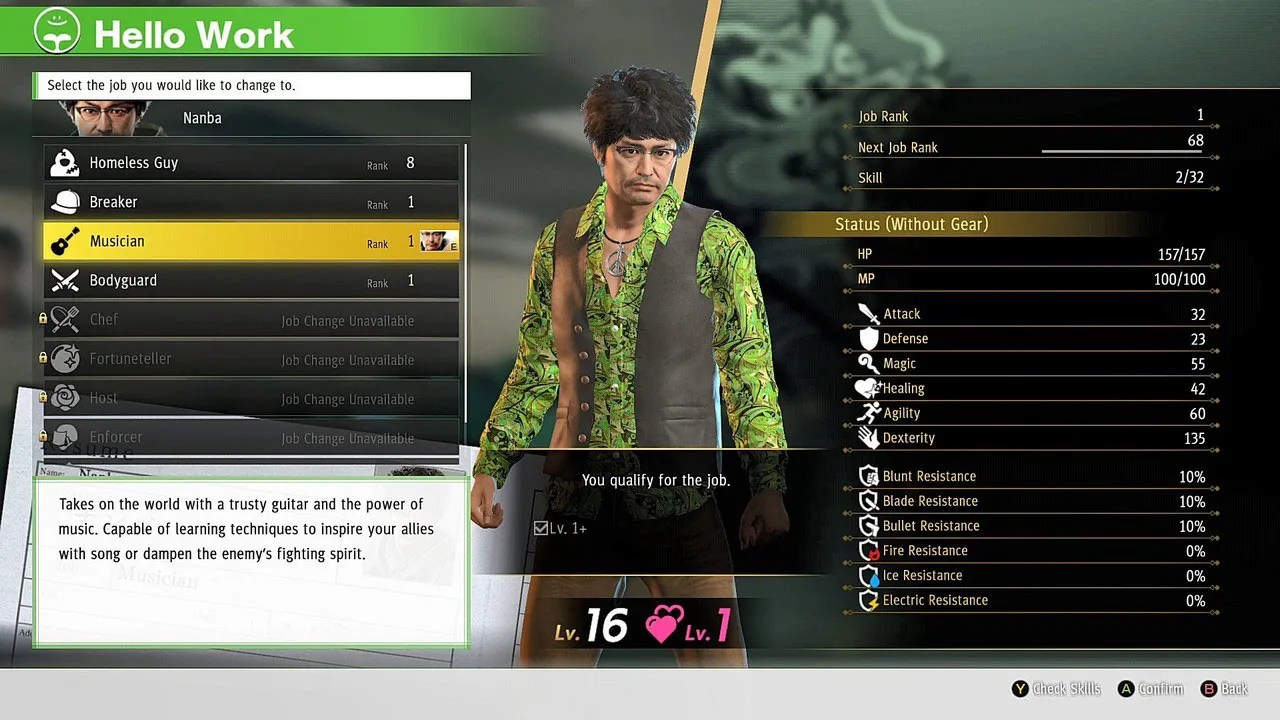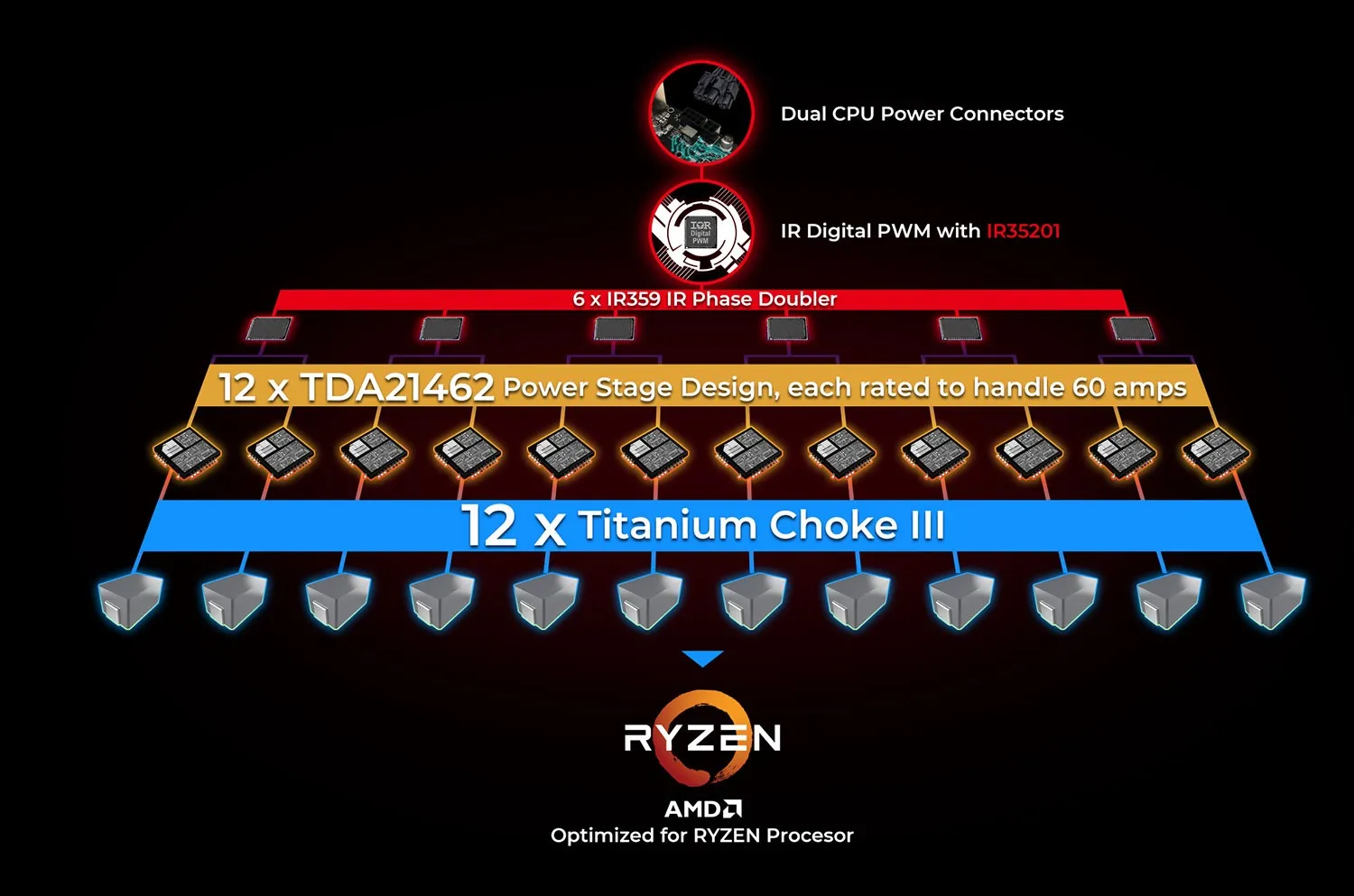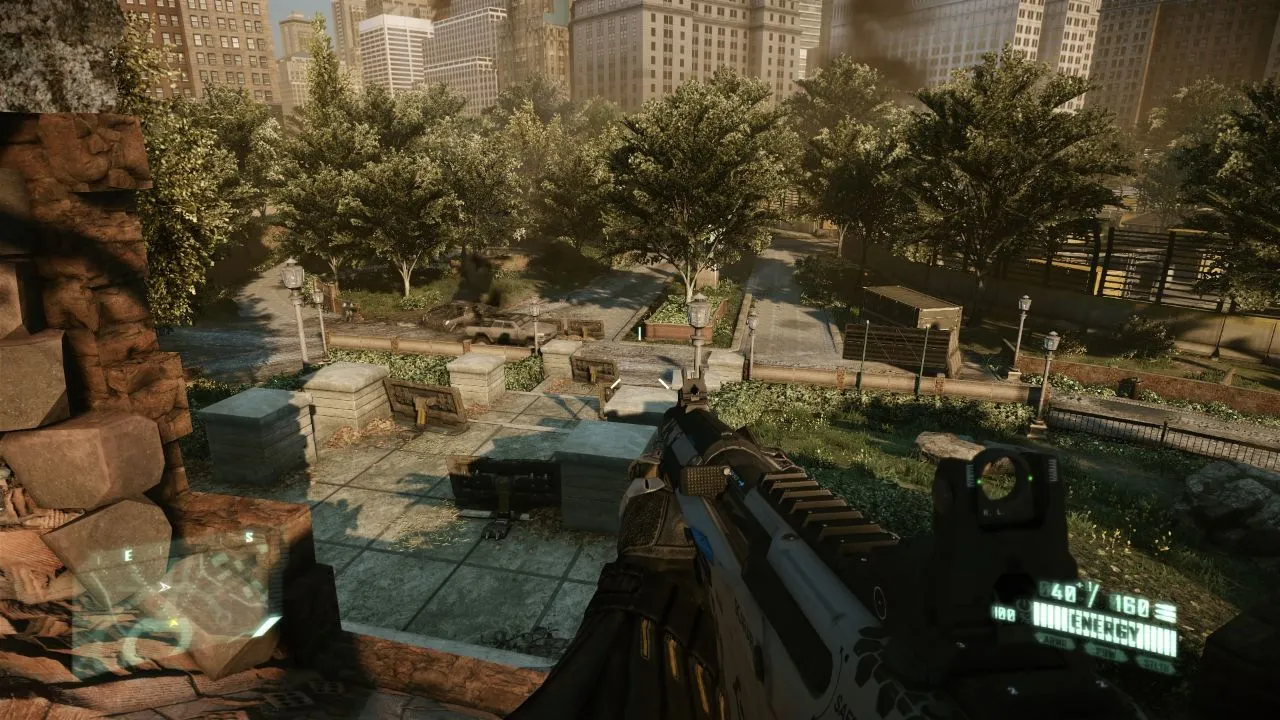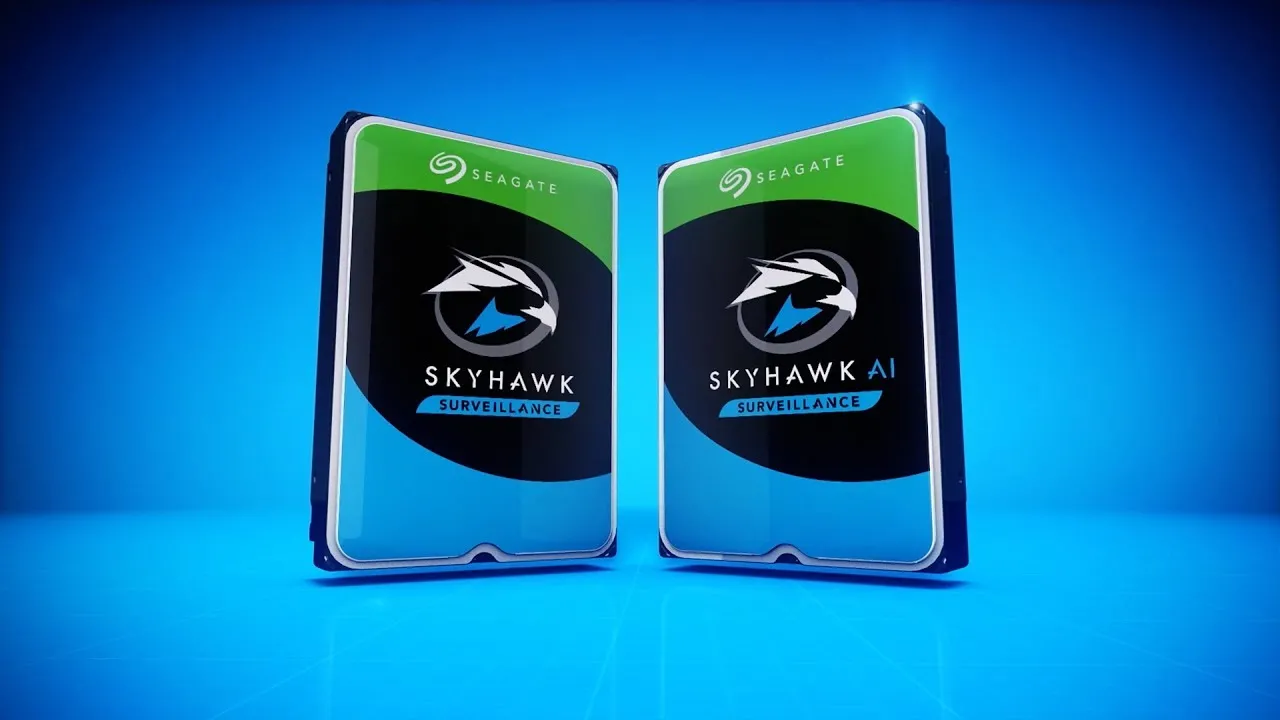
Yakuza: Like a Dragon Review: A Bold New Direction for the Series
Contents
The Yakuza series, known for its open-world action and gritty portrayal of Japanese organized crime, has undergone a significant transformation with Yakuza: Like a Dragon. This installment introduces a new protagonist, Ichiban Kasuga, and a surprising shift to turn-based RPG combat. This review explores how Yakuza: Like a Dragon balances its new mechanics with the series’ established strengths and weaknesses.
A Compelling Narrative with Heart
Whether you’re a longtime fan or new to the Yakuza series, Yakuza: Like a Dragon offers a compelling entry point. The narrative centers around Ichiban Kasuga’s journey to uncover the truth behind his betrayal and the shifting power dynamics within the yakuza world. The game masterfully weaves together a gripping crime thriller with poignant moments of human connection and humor. Even for newcomers, the narrative stands strong, allowing players to connect with Ichiban and his companions without prior knowledge of the series’ lore.
The character development is a standout feature of Yakuza: Like a Dragon. Each character is richly portrayed, with their own struggles and motivations. The game explores themes of loyalty, betrayal, and redemption, creating a narrative that resonates long after the credits roll. The superb voice acting, available in both English and Japanese, further enhances the emotional impact of the story.
 Yakuza: Like a Dragon
Yakuza: Like a Dragon
Turn-Based Combat with an Action Twist
Ichiban Kasuga, a die-hard Dragon Quest fan, perceives the world through an RPG lens, transforming street brawls into turn-based encounters. While the shift to turn-based combat may seem jarring for veterans, Yakuza: Like a Dragon retains the series’ signature action through several key elements.
The game encourages swift decision-making, rewarding players for exploiting openings and delivering follow-up attacks on downed enemies. The “Perfect Guard” mechanic adds a layer of risk and reward, demanding precise timing to mitigate damage while conserving turns for offense. Quick Time Events (QTEs) during special moves maintain a sense of player agency and add visual flair to combat.
 Yakuza: Like a Dragon
Yakuza: Like a Dragon
The dynamic environment also contributes to the action. Characters move constantly, and Ichiban can utilize nearby objects as improvised weapons. Enemies can obstruct movement, adding a tactical dimension to positioning. These elements combine to create a turn-based combat system that feels surprisingly dynamic and engaging.
 Yakuza: Like a Dragon
Yakuza: Like a Dragon
Exploring Yokohama’s Isezaki Ijincho
Alongside the series’ familiar Kamurocho district, Yakuza: Like a Dragon introduces a new explorable area: Isezaki Ijincho, based on the real-world Isezakichō district of Yokohama. Powered by the Dragon Engine, the game brings this vibrant district to life, showcasing its bustling streets and neon-lit nights. Isezaki Ijincho offers a vast playground three times the size of Kamurocho, brimming with activities, from restaurants and bars to hidden casinos and weapon shops. Like Kamurocho, Isezaki Ijincho is filled with substories, offering humorous and often touching glimpses into the lives of its inhabitants.
 Yakuza: Like a Dragon
Yakuza: Like a Dragon
A Soundtrack to Remember
Yakuza: Like a Dragon boasts a memorable soundtrack that blends original compositions with clever homages to other games and genres. The “Substory Battle Theme” draws inspiration from Dragon Quest V, while “Hei An Ru Encounter” evokes the spirit of 80s Kung-Fu films. The boss battle music effectively captures the emotional intensity of each encounter. Of course, no Yakuza game would be complete without karaoke, and Like a Dragon delivers with heartfelt performances by the talented voice cast.
 Yakuza: Like a Dragon
Yakuza: Like a Dragon
Job System Imbalance
The game’s job system, while offering variety, suffers from some imbalance. Certain jobs feel significantly less effective due to limited abilities or weaker equipment. This can lead to players relying on a handful of overpowered jobs throughout the game. Additionally, Ichiban’s limited skillset at the beginning can make early combat repetitive, particularly for players accustomed to the series’ previous action-oriented gameplay.
 Yakuza: Like a Dragon
Yakuza: Like a Dragon
Conclusion
Yakuza: Like a Dragon is a bold and largely successful reinvention of the series. While the shift to turn-based combat may not appeal to all fans, the game retains the series’ heart and humor, delivering a compelling narrative with memorable characters. The expansive new setting, vibrant soundtrack, and unique combat mechanics make Yakuza: Like a Dragon a worthwhile experience. While the job system could benefit from some balancing, it doesn’t detract significantly from the overall enjoyment of the game.





Comments (0)